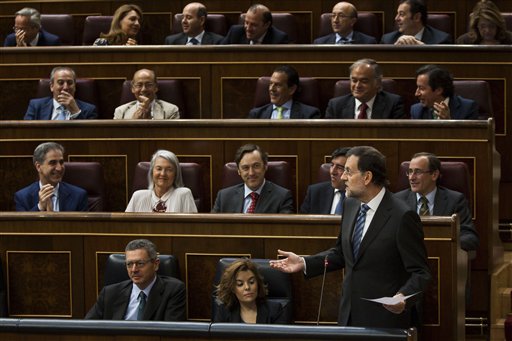Worldview 6.14.12
By

Worldview 6.14.12
By
Thursday on Worldview:
Last week Spain agreed to accept a bailout of its banks. It’s the largest country in Europe to agree to a bailout thus far. But the bailout did little to assuage the markets, which took a tumble just a day after the agreement. This weekend Greeks will vote in an election that many observers believe could mean an exit from the euro.
Political scientist Stephen Nelson studies the politics of debt. He explains the latest bailout and tells Worldview why he’s so pessimistic about the future of the monetary union.
Also, Cuba enjoys ecological riches that remain largely untouched compared to other countries in the region. Cuba’s coral reefs, for example, are exceptionally healthy. The country has prioritized and protected its ecological resources, but concerns loom large about what will happen as Cuba opens up its economy and the embargo is lifted.
Environmental Defense Fund Chief Oceans scientist Doug Rader and WBEZ blogger Achy Obejas weigh in on the future of Cuba’s natural resources.
On our Global Activism segment we talk with flutist Linda McDonald Mintener. She holds concerts that benefit the Amity Foundation Orphan Project in China. The organization runs a sponsorship program for children who were orphaned during the 1990s, when unsterile blood collection led to the death of more than 10,000 adults from HIV/AIDS.